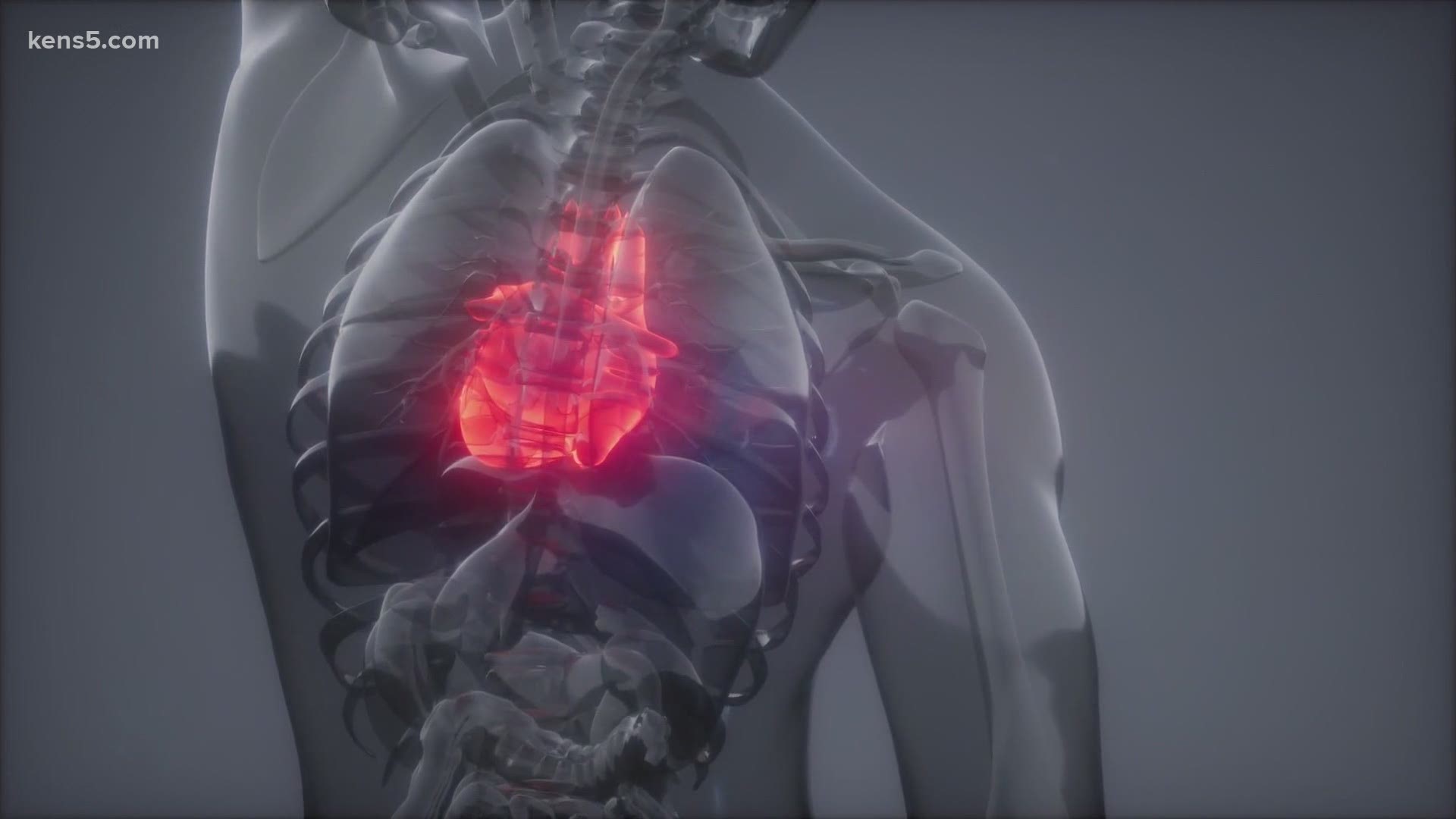Understanding a disease as new as the novel coronavirus is already a tough order. Understanding how it can impact those with heart disease is even more difficult. .
When the coronavirus outbreak first began, it was obvious to those in the medical field that the cardiovascular system was greatly impacted by it. Ever since, it has been a race to figure how, why and what to do moving forward.
"We saw a signal that if you had heart disease, coronary artery disease heart failure, or a lot of risk factors like diabetes and hypertension, you were at an increased risk for adverse outcomes," said Anand Prasad, an interventional cardiologist and director of the Cardiac Catheterization lab at University Hospital.
Prasad said those outcomes could include prolonged stays in the hospital, or even a higher risk of death, due to life-threatening clots caused by inflammation.
"Those clots can occur in a pulmonary arteries and they can occur in veins," he said. "They can occur in arteries within the systemic circulation."
They also found the disease can also mimic a heart attack.
"So a patient could come in with respiratory distress, perhaps chest pain coughing shortness of breath, and their EKG can often be abnormal. The blood test that we test for a heart attack, the troponin level, can be abnormal. Patients with COVID-19 can present with arrhythmias," Prasad said. "There is a growing body of literature suggesting problems with the atria, the chop chambers of the heart; abnormal rhythms might be present and that may, again, be due to inflammation from the illness."
Moving forward, Prasad says there is a lot still to learn.
"Both and people who are infected and received high intensity care. Then I want to understand the impact that this had on people who were not infected. There’s a lot to be learned from the pandemic apart from just...how to manage the virus."
Another thing that must be learned: the difference between being tested early, and waiting to be tested.
"If we understand that, we will actually learn a lot about heart disease and modern cardiovascular testing and procedures."
The University Health System also plans to participate in several registries to work with other physicians across the country to better understand the relationship between the coronavirus and heart disease.
"Some of the national registries that we already participate in have incorporated COVID-19 into their data collection, so many of these hospital-based registries have been going on for years," Prasad said. "We are also exploring other national registries to see if we might participate in cardiovascular disease and COVID-19-specific data elements."
According to Prasad, those registries are essentially databases where scientists store information on patients, allowing them to piece together the puzzle as more and more patients are examined and more questions are answered.
For more information about family health call (210)358-3045. You can also find the rest of our Wear the Gown coverage here.

